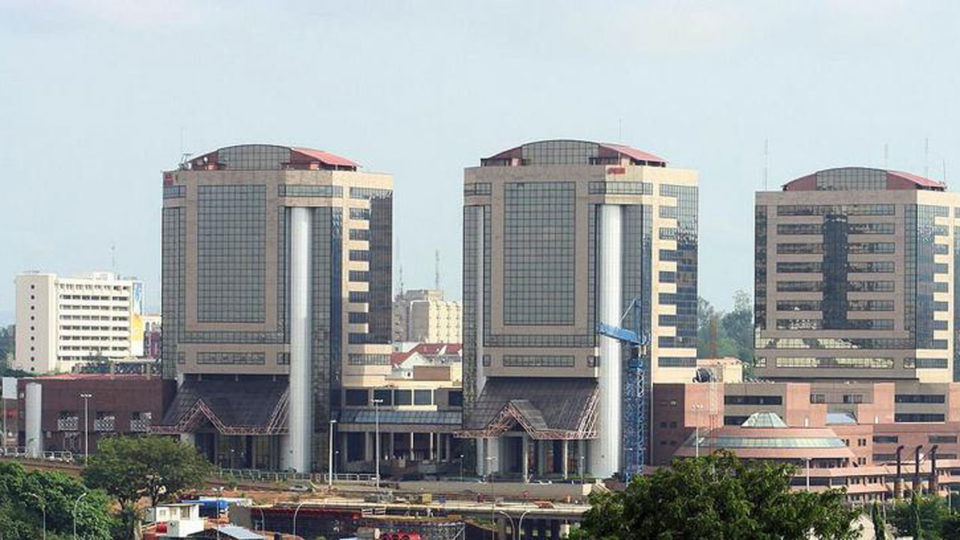
Oil Projects In Nigeria Face Increasing Difficulties, NNPC Reveals
The Nigerian National Petroleum Corporation said on Monday that it had become increasingly difficult to make investment decisions in oil and gas projects in Nigeria.
The Group Managing Director of NNPC, Mr Mele Kyari, said issues associated with fiscal regime would have to be addressed in order to accelerate investment across the value chain.
Kyari spoke in Lagos at the Nigeria Annual International Conference and Exhibition of the Society of Petroleum Engineers, with the theme ‘Artificial intelligence, big data and mobile technology: Changing the future of the energy industry.’
He noted that the emergence of Artificial Intelligence had altered the dynamics of operations by providing quicker processes and interventions in the conduct of petroleum operations.
He said, “Today despite the opportunities that exist, investment decisions in oil and gas projects in Nigeria have become increasingly difficult to close out. This, I believe, is driven by unclear fiscal terms of various production contracts and the delays in the passage of the lingering petroleum legislation.
“The effect is for investors to opt for alternative portfolios when making financing decisions. We, therefore, need to collaborate to ensure the timely resolution of contractual issues and the passage of the necessary petroleum legislation.”
According to Kyari, the NNPC is driving the national aspiration to grow the national oil reserve to 40 billion barrels by 2025 and improve crude oil production to three million barrels per day.
He said, “To achieve this ambition, huge investment is required across the value chain. We have to attract investment to deploy improved technology in the exploration and production of hydrocarbons from inland as well as the ultra-deep offshore basins.
“We have to open up the midstream, complete all critical gas development projects targeted to deliver about three billion standard cubic feet of gas per day to gas market; ensure the close-out of investment decision on NLNG Train Seven and improve domestic utilisation to improve power generation and industrial growth.”
He added that the corporation needed more investment to revamp and expand domestic refineries and associated infrastructure to support the growth of the downstream sector and guaranty energy security for the nation.
